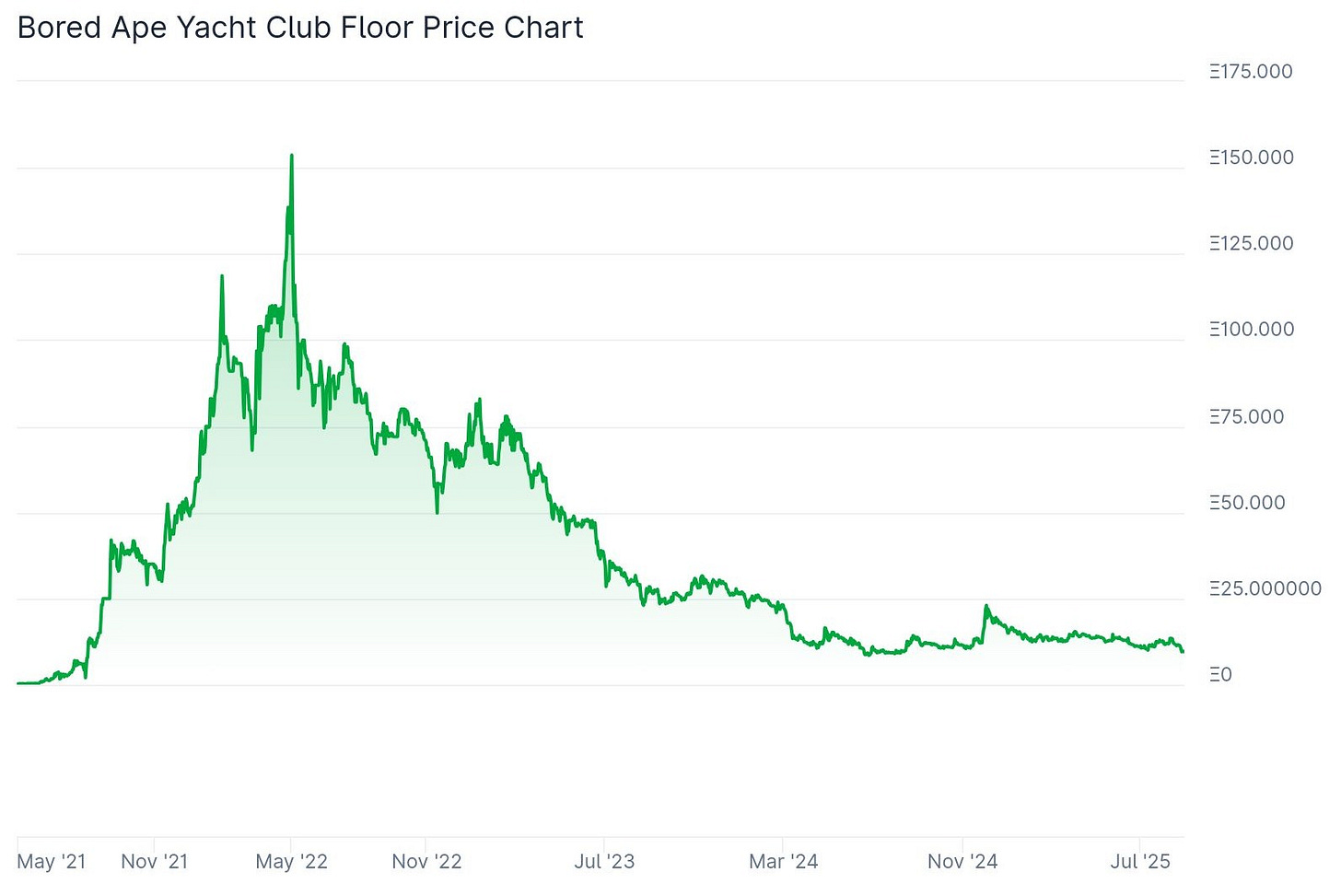Chinese teen sells boyfriend to scammers + North Koreans using Claude + African police nab 1,200 cybercriminals
Scamurai weekly newsletter Aug. 24-31, 2025.
- Scamurai -
Weekly Newsletter Aug. 24-31
The newsletter has been revamped!

// Headlines
The U.S. Treasury announced sanctions against a network of individuals and companies from North Korea, Russia and China, which it says have stolen cryptocurrency from American businesses. The sanctions expand earlier actions on July 8 and July 24, and are part of attempts to stop North Korean outfits from infiltrating companies by posing as remote IT workers.
In China, a 17-year-old girl from Guangdong province will go on trial for telecom fraud after she allegedly sold her 19-year-old boyfriend to a scam centre in Myanmar for 100,000 RMB (US$13,900). The girl, surnamed Zhou, lured the victim to Myanmar on the pretext of giving him a job with her family’s business. A 350,000 RMB (US$49,000) ransom was paid to the scam centre for his release.
Interpol arrested over 1,200 cybercriminals across 18 African countries from June to August this year as part of Operation Serengeti 2.0.. The crackdown recovered US$97.4 million in funds, though the nearly 88,000 victims affected by the scammers’ operations lost far more. Chinese nationals were among those arrested, including at illegal cryptocurrency mining centres in Angola.
Anthropic, the AI company behind Claude, admitted in a new report that its technology is being used by cybercriminals to attack at least 17 organisations, including ones related to emergency services and government. Some of the groups it discovered are linked to North Korea. OpenAI made a similar admission used last year.
In the UK, the Financial Conduct Authority warned that it received almost 5,000 reports of its consumer helpline being impersonated in scams in the first half of this year. Almost two thirds of reports came from people over 56, and 480 victims ultimately sent money to the fraudsters.
Get this newsletter delivered fresh and ironed to your email each week, with the latest news on scams, fraud and tech, as well as Scamurai’s latest investigations — all in one place! From next week, it will be coming out every Friday morning at 8am GMT.
// Freshly caught
A typical opening message from a scammer received from a thee month old X account with no posts, likes or followers.
// Scam sheet
Aussies lost some AU$173.8 million (US$113.3 million) to scammers in the first half of this year, according to the National Anti-Scam Centre. The good news is the number of reports, 108,305, is down 24% over the same period in 2024. The bad news is the total amount of money lost has increased 26%.
A fifth of parents in Malaysia said that their children aged seven to 17 have fallen victim to scams. Although the report did not specify what type of scams, it follows news last week that sextortion scams against teenagers are being run out of the same scam compounds responsible for pig butchering.
South African influencers have apologised after promoting fake jobs in Russia by a company advertising work in a variety of industries but which reports say was actually hiring people to work on Russia’s drone production program.
//Recent investigations
Scamurai’s recent two-parter on dodgy sponsors in English football.
// Hackwatch
A coalition of countries, including the U.S., UK, Japan, Germany and Italy, called out three Chinese companies they say are involved in hacking activity and have provided “cyber-related products and services to China's intelligence services". One of the companies, Sichuan Juxinhe was sanctioned by the U.S. in January this year for alleged links to Salt Typhoon.
Google warned its 2.5 billion Gmail users to change their passwords following a hack in June. It confirmed this month that hackers had successfully gained access to user accounts with the stolen data by posing as IT support personnel. It attributed the attacks to the group ShinyHunters.
Marks & Spencers restarted online shopping services in Ireland this week following its suspension for 17 weeks due to a hack in April. M&S has predicted it would lose about $300 million due to the hack. Online orders in the UK restarted in June.
Hack victims in the Netherlands are gearing up to take test processing lab Clinical Diagnostics to court after a hack by ransomware gang Nova. The group stole the names, addresses, ID numbers and test results of around 485,000 women who had taken part in a screening for cervical cancer.
// Proof of stupidity
In addition to being criticised for causing a drop in audiences to websites, Google can add parroting Russian talking points to its AI’s list of gaffes. Below, it claims that Donetsk is in Russia.
// Scam factories
Over 400 people were arrested in the Bangsar South area of Kuala Lumpur, Malaysia, on Tuesday. Originally reported to be a raid on a scam centre involved in gambling and online scams, police later said the target was Doo Group, a Singaporean fintech firm and Manchester United FC sponsor. It’s not clear what prompted the raid.
A South Korean national was found dead in a Cambodian scam compound last week in Kampot province. The body was discovered wrapped in blankets and plastic bags. Reports suggest he may have been beaten to death. With its embassy in Phnom Penh having just one police officer stationed there, the South Korean the Ministry of Foreign Affairs admitted that confirming details about the case is “difficult”.
The Filipino Bureau of Immigration repatriated 24 citizens who had been working at scam hubs in Cambodia on Monday. The nine men and 14 women were recruited through social media with promises of jobs as customers services reps with a monthly salary of US$1,500. Instead, the received US$300 and scammed men based in Europe.
Attempts to crackdown on Myanmar’s scam compounds have had limited impact, according to an article from Global Initiative. Despite actions last year, it concluded little has been done to target the majority of armed groups and Chinese mafia leaders.
// Number crunch
Once worth hundreds of thousands of dollars a piece, flagship NFT collection Bored Ape Yacht Club has failed to regain traction even as interest in crypto shot up this year.

Though perhaps the most shocking thing here is how they still manage to be worth $44,000 each.
Nevertheless, a report by NFT Evening last year stated 96% of NFT collection are now considered “dead”. So much for the market being worth $232 billion by 2030.
// Crypto circus
A pseudonymous crypto trader is up in arms after the exchange MEXC froze their trading account and then told them they would have to go to Malaysia to meet them and unfreeze it. MEXC told news outlets it “does not freeze assets without valid reasons”. It did not address why the individual was asked to fly to another country to do KYC procedures.
Cryptocurrency scheme Unicoin filed a motion to dismiss a lawsuit brought against it by the U.S. Securities and Exchange Commission. Unicoin and three of its executives were sued in May this year and accused of making misleading claims with raising more than $100 million from investors.
// Podcasts & shows
Scamurai: Unpacking the the UK Online Safety Act controversy with cheqd's Fraser Edwards
How legislation aimed at protecting children online became an argument about adults accessing porn. Plus, Callan and Fraser discuss generational differences in internet use and how the backlash against big tech, if there is one, is manifesting in the UK. (Spotify)
Science Weekly: ‘AI psychosis’ could chatbots fuel delusional thinking?
There are increasing reports of people experiencing delusions after intensive use of AI chatbots. Madeleine Finlay speaks to Dr Hamilton Morrin, a psychiatrist and researcher at King’s College London, about his recent preprint exploring who is at risk and how models could be made safer. (Spotify/Apple)
// Machines behaving strangely
The parents of a teenager who committed suicide with ChatGPT’s encouragement have sued OpenAI. It comes as concerns with how children interact AI and the lack of safeguarding by companies grow.
Half of adults in the UK are worried AI will take their job, according to the UK’s Trade Union Congress. That number rises to 62% among those aged 25-34.
Fantasy writer Mark Lawrence posted a mix of flash fiction posts on his blog and asked people to choose their favourites. The results were not what he hoped for, showing people enjoyed the AI ones more.
// Law & disorder
In Singapore, the director of a a private company called Singapore Index Trading Institute pled guilty to eight counts of cheating involving eight investors through an AI-powered trading investment scheme. Ong Kai Min told investors the company had developed AI bots that conducted automated trades and promised returns of between 2-10% per month, but no trades were actually conducted. Victims lost over US$3.96 million in total.
Messaging board 4chan launched legal action against UK regulator Ofcom in a dispute about the enforcement of the UK’s controversial Online Safety Act. The act requires online services to conduct risk assessment around harmful content, safeguard children and implement age restrictions for adult content. But 4chan is arguing that as a company based in the U.S., it is not subject to UK law.
AI company Anthropic reached a settlement with a group of authors who sued the company last year for copyright infringement. The terms will be finalised next week. A judge ruled in June that the company did not break the law by training Claude on millions of copyrighted books as it came under “fair use”. But the company was still on the hook for how it had obtained the books, thought to be through collections of pirated copies online. The case has been closely watched due to ongoing battles globally over the materials on which AI can be trained.
The U.S. DOJ charged a former Silicon Valley startup CEO with fraud and obstruction of justice. Abraham Shafi allegedly schemed to defraud investors of $170 million through his social media startup IRL by concealing the amount of money it was spending on incentivising users to sign up and instead presenting growing user numbers as organic.
// Eyeroll
Tron founder Justin Sun received an award for being “best blockchain innovator” at an event in London that was sponsored by, er, Justin Sun.
// In other news
The AI doomers are getting doomier. The industry’s apocalyptic voices are becoming more panicked — and harder to dismiss. (Matteo Wong/The Atlantic)
// From the archives
Take a look on Facebook and you’ll find dozens of groups — some with thousands of members — each with “Quantum AI” in the name. Many also include Elon Musk’s name or pictures of him. Scamurai decided to sign up and find out more.
There was also an attempt at flattery. I told him I worked in market research and he feigned interest. He also told me my English was very good compared to the usual people he talks to (it’s my native language). He rattled off some random buzzwords about trading before recommending to me their minimum package, which cost 260 EUR.
Get this newsletter straight to your inbox every week by subscribing. If you can, consider supporting Scamurai with a paid subscription. All the money goes back into upkeep costs and building out the business.
Tips, vitriol and all other messages should be directed to Callan Quinn at callan@scamurai.io. Or get in touch below.












